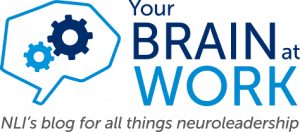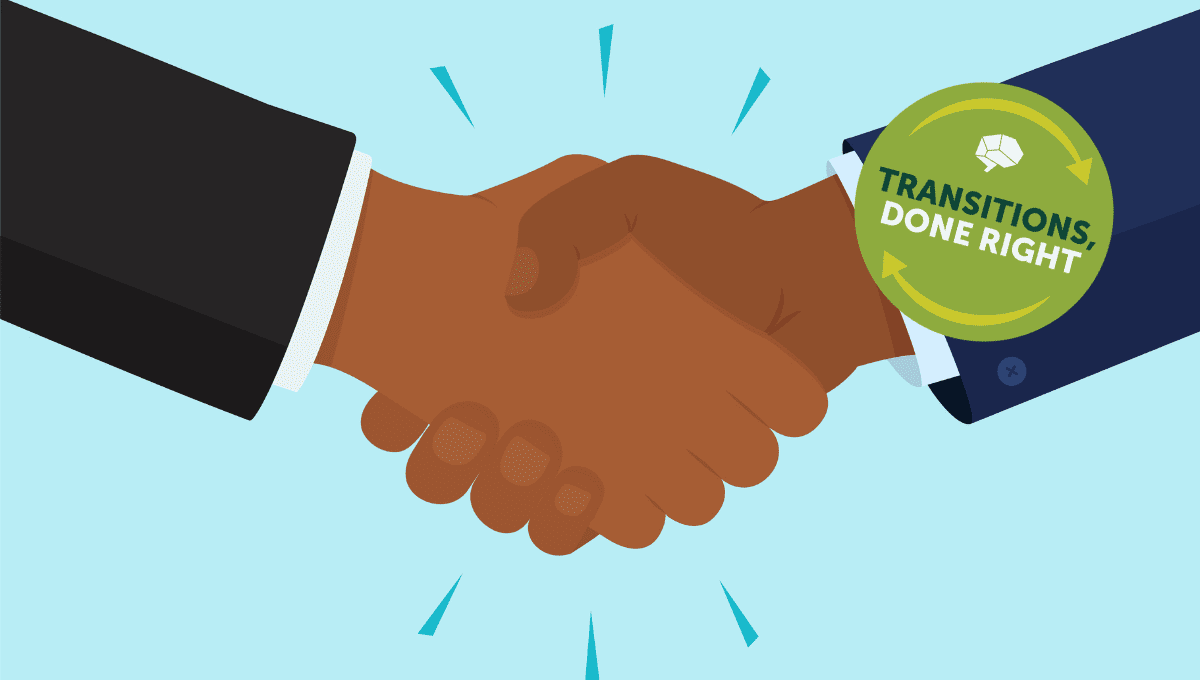By Erin Wickham Broadly, leadership is largely about making decisions. All day long. Every day. By the end of the week, or in the lead-up to big strategy sessions (like...
Read More →

FEATURED INSIGHT
By Erin Wickham Broadly, leadership is largely about making decisions. All day long. Every day. By the end of the week, or in the lead-up to big strategy sessions (like...
Read More →
Transitions are tough. In this Q&A, we speak with a recent college graduate about what she’s learned about transitions, and why her viral video on the topic struck a nerve.

Recent research shows napping, when done right, can increase alertness, and enhance our cognitive performance, memory and training. Here’s how to get the most out of a midday snooze.

What brain science says about how to set yourself up for success when you’re starting a new job.

Forming quality connections in the workplace — in other words, practicing the three habits of empathy — creates a culture in which everyone wants to bring their best effort.

Studies show that power leads managers to focus on goals, not people. Here’s how to make employees feel cared for in a time of disconnection.

Join millions of employees in creating culture change at scale by reaching out today.

In 2007, David and Lisa Rock and their team had been working in leadership development and executive coaching for ten years, when David coined the term “NeuroLeadership.”ef

North America
Africa
South America
Asia
Europe
Australia
© NeuroLeadership Institute 2025. All Rights Reserved
This site uses cookies to provide you with a personalized browsing experience. By using this site you agree to our use of cookies as explained in our Privacy Policy. Please read our Privacy Policy for more information.